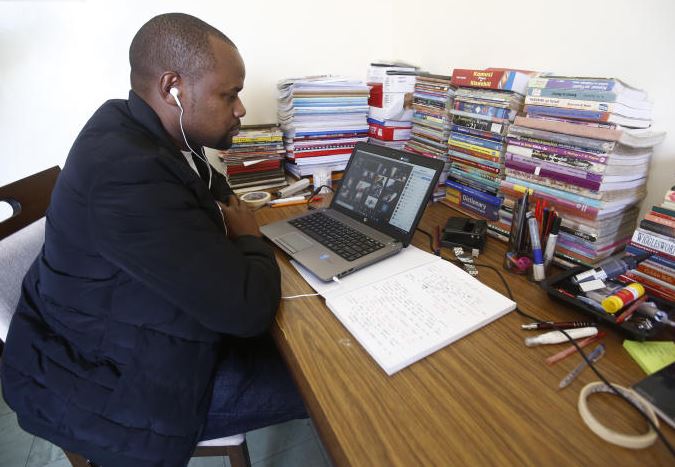×
The Standard e-Paper
Join Thousands Daily

Teachers will have to undergo fresh training to handle what is expected to be a challenging learning environment when schools reopen in January next year.
New subjects will be introduced for trainee teachers still in college, and public health experts invited to prepare staff as the Covid-19 pandemic presents new realities in schools.